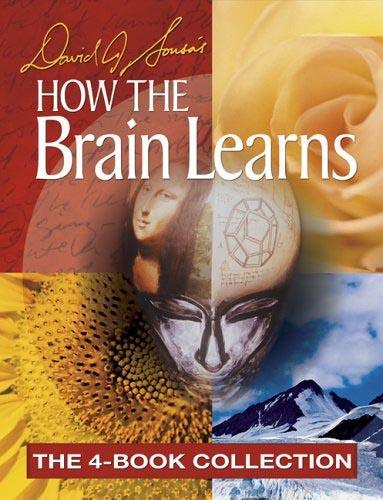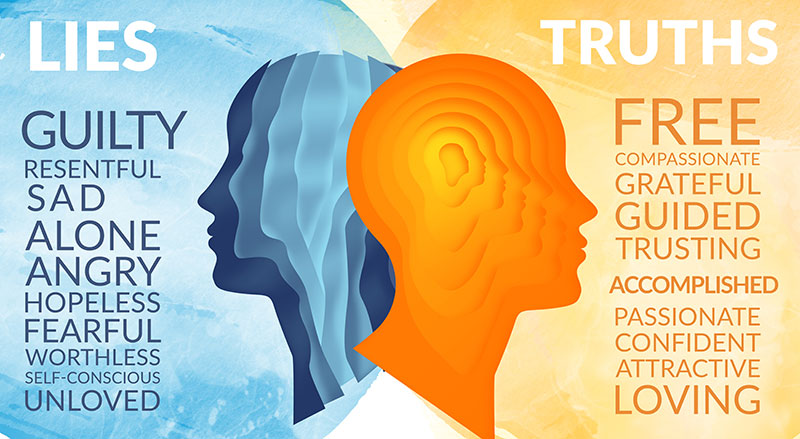Growing up in a home living with domestic violence can have a profound and lifelong impact
– Dr. Renee McDonald, CDV expert
What is the impact of Childhood Domestic Violence?
According to research, growing up in a home living with domestic violence, Childhood Domestic Violence, has a powerful and profound impact on one’s life.
CDV negatively wires a developing brain and the formation of the cognitive belief system. It instills a common cluster of negative beliefs that, if unchallenged, can last well into adulthood, leading to emotional & psychological, relationship, substance abuse, physical health, and career & education challenges.
But importantly, whats learned can be unlearned. Take the first step here with our Step-by-Step Guide.

Childhood Domestic Violence and the developing brain

Understanding the impact that childhood domestic violence can have on a life begins with understanding its impact on brain development.
Childhood Domestic Violence (CDV) disrupts healthy brain development by flooding the nervous system with chronic stress, impacting areas responsible for emotion regulation, learning, and decision-making.
According to research, children growing up in homes with domestic violence often experience Post Traumatic Stress Disorder (PTSD) and brains scans from children from these homes are similar to brain scans of veterans returning from combat.
The Common Cluster of Negative Beliefs
Childhood Domestic Violence instills a common cluster of false negative beliefs, or the LIES, one believes about himself/herself. If left unchallenged, they grow stronger as one progresses through adulthood. But the good news is, they can be unlearned. Start here.

It is not uncommon for one who experiences CDV to believe they are guilty, thinking they should have stopped the violence or that they caused it in some way. Or that they are resentful, sad, alone, angry, hopeless, fearful, worthless, self-conscious, unloved & unlovable.
These are the common cluster of negative beliefs that most typically form in childhood. And then, as life progresses, the brain then finds evidence to support what it believes is true, whether true or not. Over time, one simply believes this is who they are, ‘I’m just this way’. But this can be unlearned.
For every LIE, there’s, a corresponding TRUTH. Start unlearning the LIES now.
Areas of Impact
PHYSICAL HEALTH
Growing up with domestic violence is strongly correlated with the top 10 leading causes of early death , including diabetes, heart disease, and cancer.
MENTAL HEALTH
Those who grow up with domestic violence often struggle with mental health, anxiety, and depression, are more likely to abuse drugs and alcohol and are far more likely to succumb to suicide.
BEHAVIOR
Growing up with CDV greatly increases one’s risk for behavior challenges, including withdrawal, aggression, bullying, teen violence, and future violent behavior & incarceration.
RELATIONSHIPS
Those who experienced CDV often struggle with intimate relationships, parenting and in forming the long term close connections they crave. It is also the best predictor of being in a relationship with domestic violence.
Troubling statistics associated with CDV
Childhood Domestic Violence is associated with a number of statistics that reflect its profound impact. Below are just a few.
7.4x more likely
to attempt suicide
50% more likely
to abuse drugs and alcohol
74% more likely
to commit a violent crime
Single Best Predictor
of domestic violence in adulthood
80-90%
of prisoners come from these homes
“Many leave their childhood homes but are unable to live the lives they hoped because they cannot connect the dots between their childhood home and the challenges they face today, and they’re simply unaware of that fact.”
The path forward – challenge the lies, consider the truths
For every LIE, there’s a corresponding TRUTH. Exposing the LIES and embracing the TRUTHS is the path to reaching one’s innate potential. New research concludes the brain CAN unlearn what was learned. One of the most effective paths is when THE ONE steps in or you can be THE ONE for yourself. Click the button that best applies to you to take the next step.




